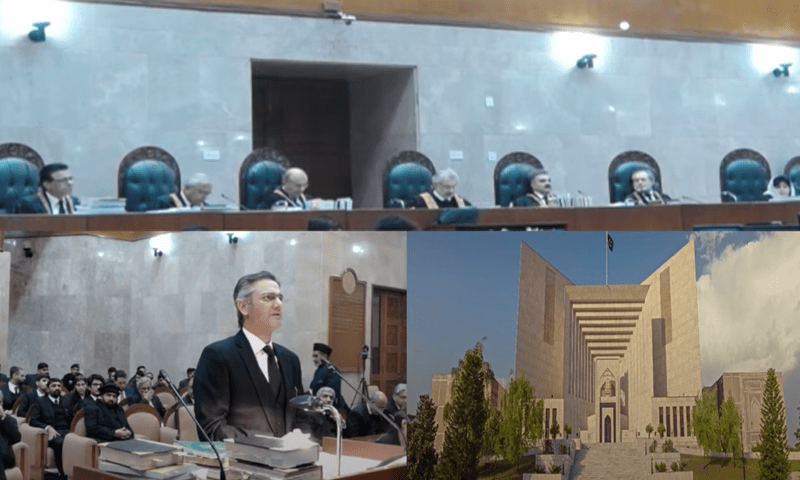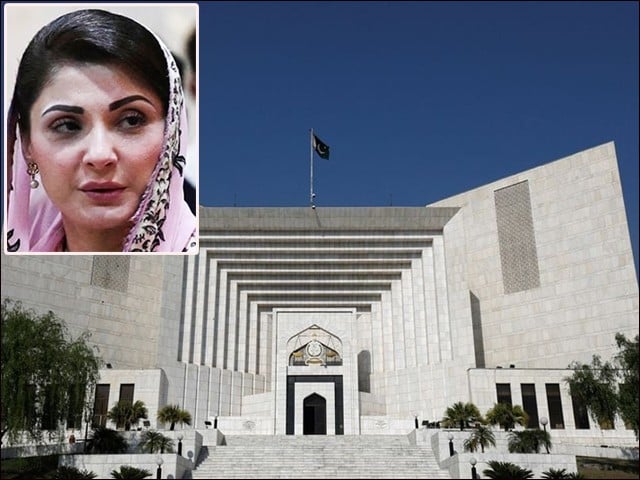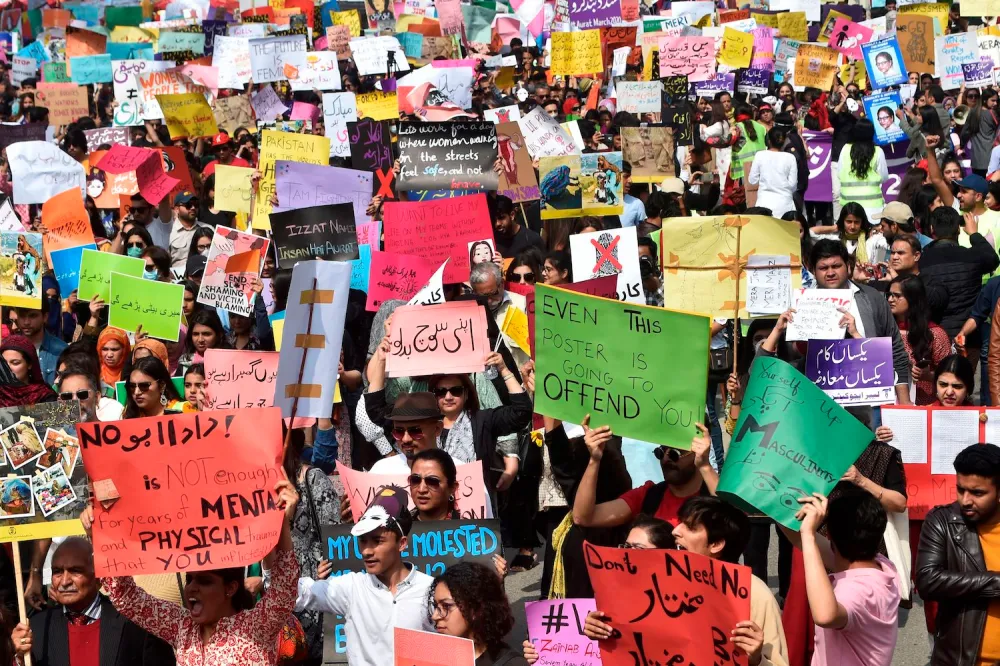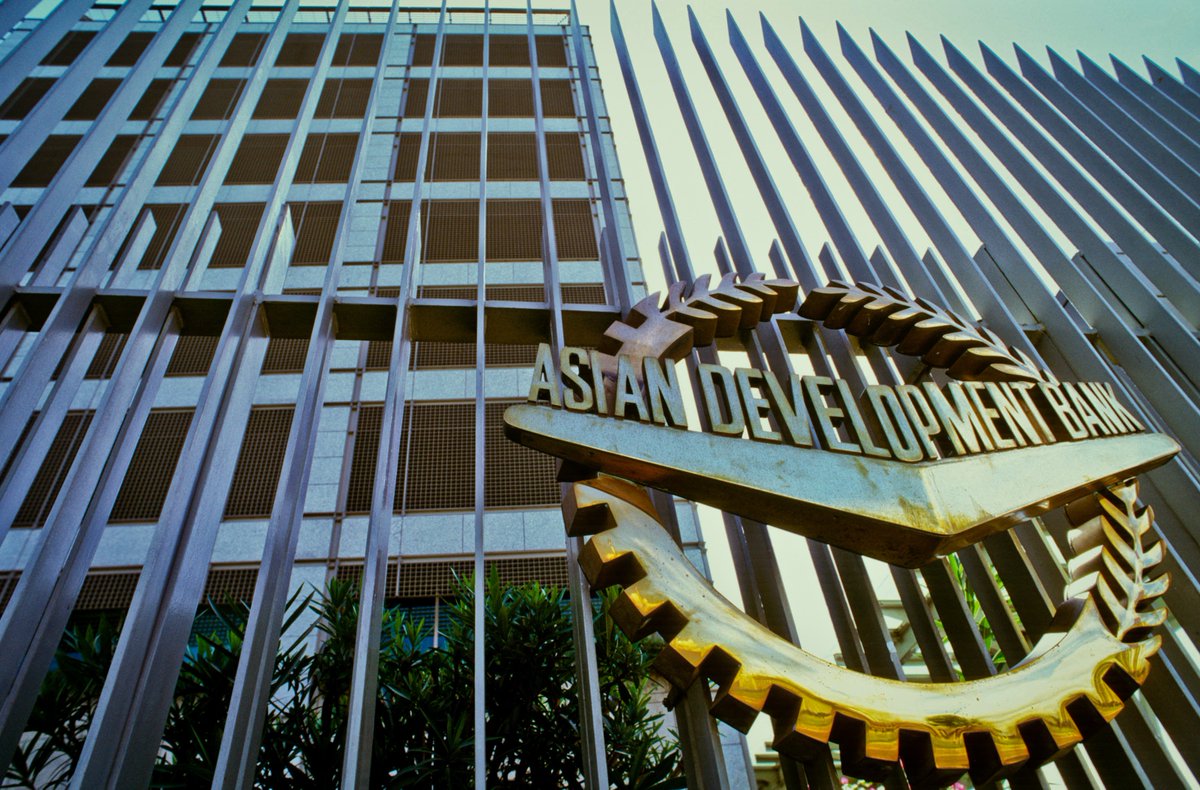Sarmad Hussain
The Supreme Court’s recent hearing on the disqualification period for lawmakers in Pakistan paints a complex picture of legal conundrums, political intrigue, and ethical considerations. This critical analysis delves deeper into the arguments, exposing the various facets of this ongoing debate.
The Core of the Controversy: The central question revolves around the interpretation of Article 62(1)(f) of the Constitution, which stipulates disqualification for individuals deemed “unworthy” of holding public office. While the provision itself is vague, the 2018 Samiullah Baloch judgment by the Supreme Court threw a wrench into the works, declaring disqualification under this article to be “permanent.” However, a subsequent amendment to the Elections Act in 2023 set the disqualification period at five years.
Conflicting Arguments: The hearing saw a clash of perspectives between advocates representing various stakeholders. Lawyer Makhdoom Ali Khan, representing Jahangir Khan Tareen, challenged the Samiullah Baloch judgment, arguing that it misconstrued Article 62(1)(f) by conflating it with Article 63, which deals with post-election disqualification. He further contended that lifetime disqualification based on a civil court declaration amounted to an arbitrary infringement on fundamental rights.
The Attorney General’s Counterpoint: Attorney General Mansoor Usman Awan, on the other hand, acknowledged the ambiguity surrounding Article 62(1)(f) but argued that the Samiullah Baloch judgment provided necessary clarity. He emphasized the need to define the courts responsible for issuing declarations under this article and establish a clear procedure for doing so. Interestingly, he also hinted at the possibility of the Federal Shariat Court playing a role due to its exclusive jurisdiction over Islamic matters.
Chief Justice Isa’s Reservations: Chief Justice Qazi Faez Isa expressed skepticism towards the Samiullah Baloch judgment, questioning its reasoning and highlighting the lack of public debate surrounding the constitutional amendments that led to the lifetime disqualification clause. He further commended the Parliament for amending the Elections Act and setting a specific timeframe for disqualification, showcasing a pragmatic approach to the issue.
The Road Ahead: The Supreme Court has reserved its verdict, leaving the nation in suspense. The decision will have significant ramifications, impacting not only the upcoming elections but also the broader interpretation of constitutional provisions and the balance between legal principles and political realities.
Beyond the Legal Maze: This case transcends mere legal technicalities. It raises crucial questions about the role of the judiciary in interpreting the Constitution, the relationship between parliament and the courts, and the ethical implications of lifetime disqualification. Additionally, it sheds light on the political context in which these legal battles unfold, hinting at potential power struggles and agendas at play.
The disqualification dilemma in Pakistan presents a complex tapestry of legal intricacies, political maneuvering, and ethical considerations. Understanding the arguments presented by various parties and the potential consequences of the Supreme Court’s verdict is crucial to navigating this intricate maze and ensuring a fair and just outcome that upholds both the letter and spirit of the Constitution. The Supreme Court faces a momentous task – delivering a verdict that upholds the Constitution, respects legislative intent, and ensures fairness and transparency in the political process. The decision will be closely scrutinized not only for its legal implications but also for its impact on the country’s political and social fabric.
Please, subscribe to the YouTube channel of republicpolicy.com

















































